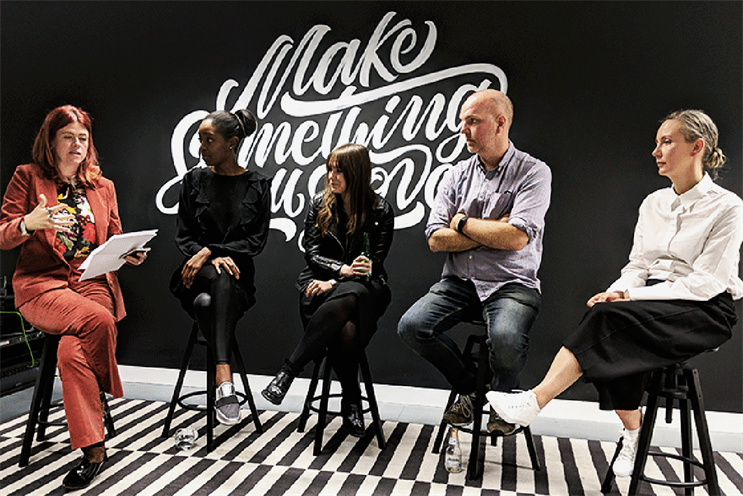
Pip Jamieson, founder of The Dots, has called on the industry to make tangible changes to ensure neurodiverse talent can thrive.
Speaking at "ND Works – empowering neurodiversity in the workplace event" created by TheFutureisND, Jamieson said that the industry could make the recruitment process fairer by hiring a committee to iron our any biases and not asking for cover letters, which can put dyslexics at a disadvantage.
Amy Walker, founder of Neurodiversity Works and diversity and inclusion co-ordinator at GroupM, shared her experience of working on m/Six’s ambitious autism exchange scheme, which opened the door to a role at Group M working in diversity and inclusion. Walker shared the fact that fitting into existing systems can be challenging, but at Group M "she feels empowered to tell her employer when things get too much".
Walker said: "Interviews are not an indication of how good someone is at the job, just at how good they are at talking – hire good talkers, you'll get good talkers. It's the interview I can't do, the job I can do really well."
Emma Case, a life coach, founder and author of Women Beyond The Box, added: "To nurture ND talent, employers must allow us to be ourselves. Working in a large organisation with ADHD meant coping mechanisms didn't work, constant masking, burn-out, being exhausted by midday, a cycle of crash and burn."
Sunshine Jackson, programme maker and founder of Amplify, says that companies need to adapt in order to harness the power and energy of neurodiverse people: "Companies should be harnessing the disrupting influence of ADHD – study consistently showed that 80% of groups with ADHD participant solved a puzzle, while 0% of the completely neurotypical group solved it."
Alex Loveless, an independent data science consultant who is also diagnosed with ADHD, agreed that companies needed to respond better to the needs of a neurodiverse workforce, and that allowing staff to "be themselves" at work was essential to harnessing this significant pool of talent.
He recounted his own frustrations when faced with excessive bureaucracy and rigid adherence to process in his earlier appointments, and urged employers to "scrap your baselines" and to radically rethink the idea that everyone can operate at the same level.
Lucy Hobbs, the founder of TheFutureisND, set up the organisation a year ago and since then she says the conversation surrounding neurodiversity is shifting in the right direction. She explains: "There is more awareness and acceptance, employers are listening and managers and team members are gaining more knowledge and understanding ...of the types of modifications that allow ND people to bring their talents to the workplace on an equal footing."
Hobbs is running a workshop at the forthcoming Diverse Minds conference, featuring voices from the network. Tickets are available


